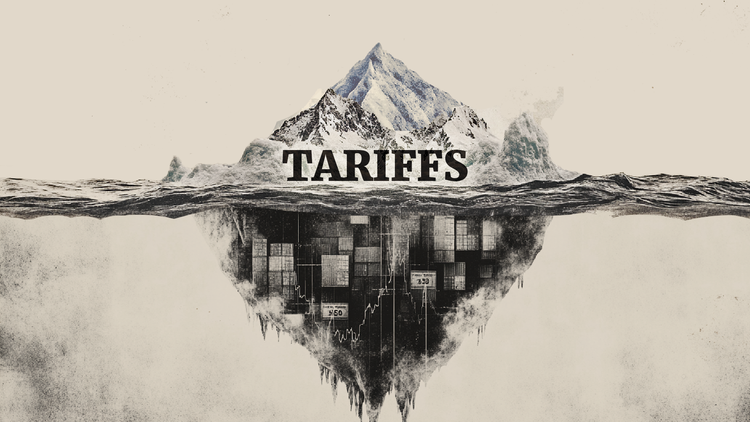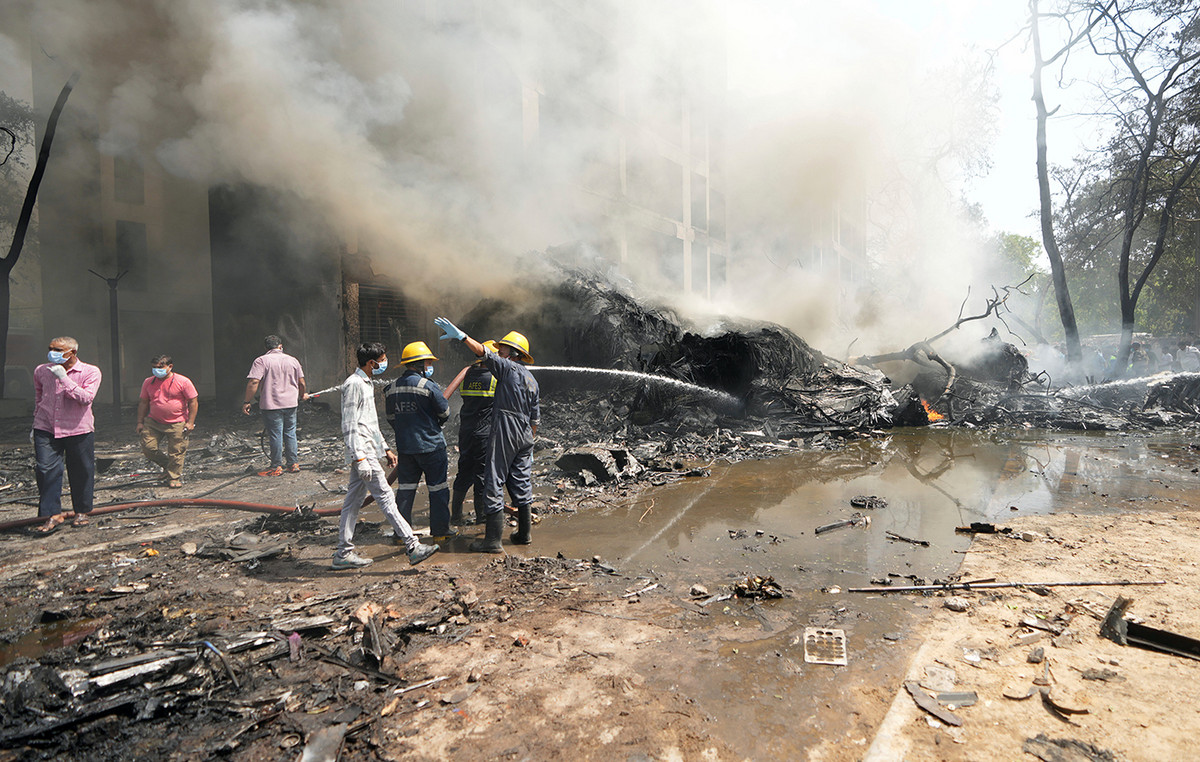Three years of war in Ukraine left Europe with a heavy account: nearly $ 122 billion in direct assistance, as well as billions invested in the armed forces and the continent’s defense industry.
But the region has so far refused to play at $ 229 billion in Russian Central Bank stopped in the European Union, frozen after the large -scale invasion of Ukraine by Vladimir Putin in 2022.
Last week, however, the French legislators approved a non -binding resolution asking their government to use frozen Russian actives to “finance military support to Ukraine and its reconstruction” – specifically, the assets themselves, rather than just the interest they are earning.
Both the United States and Canada had already introduced legislation authorizing governments to confiscate frozen Russian actives. In its last days, the Biden government has also tried to persuade European allies to confiscate immobilized Russian funds.
Progress on this front was achieved last week when the European Parliament agreed with a resolution to confiscate frozen Russian assets for Ukraine’s “defense and reconstruction”. The text of the resolution has not yet been voted by parliament lawmakers.
The EU is already using frozen funds interest to support multibillionaire loans to Ukraine. But European governments remain hesitant about confiscating capital. In an euphemism of UK Prime Minister Keir Stmerer on March 15 is a “complicated question.”

Mountain of money
The concerns are double: economic and legal.
“We are not going to play at these Russian assets,” French government spokesman Sophie Primas told journalists last Wednesday, warning that this could open a dangerous precedent, discouraging foreign investment in Europe, even if the government examines legal paths to use the backgrounds.
A country like China, aware that he could face European sanctions if he invaded Taiwan, can be reluctant to put funds in the region, she argues.
In fact, Russia has been transferring its official funds out of the US for years, apparently fear of repercussions on assaults in Ukraine and Georgia.
There is a precedent for this kind of US action. They seized German assets after World War II, as well as Afghan and Iraqi actives, said Olena Havrylchyk, an economist at Panthéon-Sorbonne University of Paris, adding that Moscow was not the same fear over Europe.
In recent years, the central banks of Europe have expressed concern (disguised in diplomatic language) that the seizure of foreign funds could “harm the euro as a reserve currency,” Havrylchyk told the CNN .
But continuous support for Ukraine will continue to cost Europe – and interest on Russia’s funds will not be enough.
This is a reality with which European taxpayers will need to stay on board, Havrylchyk said if the full seizure of Russia’s money is out of question.
The teacher believes that a nuclear weapon Russia will never agree to pay repairs as part of a peace agreement, so Kiev’s hopes for compensation should be in the back of the West.
“The world is not governed by economists only,” she said. “International law is above all for justice, not just for property rights.”
Legal concerns
Legally, Europe’s hesitation to seize-instead of just freezing-Russia’s assets stems from one of the key principles of international law: the immunity of the assets of a state abroad against seizure.
The justification for grasping the principal of Russia’s assets would therefore be very important, said Frédéric Dopagne, professor of public international law at the University of Louvain, Belgium, to CNN .

Repairs for Russia’s damage to Ukraine and the reinforcement of Ukraine’s defense capabilities against aggression is the strongest legal arguments that Europe could use, he added.
When the US approved the bipartisan Rebuilding Economic Prosperity and Opportunity for Ukrainians Act of 2024, they justified any seizure of US Russian assets based on the fact that they would be used to rebuild Ukraine.
And the French legislators who debated non-binding resolution last Wednesday voted for an amendment explicitly removing the provisions to use Russian assets to finance Europe’s own defense.
With about two thirds of all frozen Russian backgrounds in the EU, the risks – and the potential benefits – are much higher for European governments than for the US.
Dopagne of the University of Louvain said that the hesitation of Europe is due in part to the lack of historical precedents.
After the first and second world wars, an expired Germany was forced to pay reparations through international treaties. But with even a 30-day ceasefire off the table to Moscow, any postwar agreement with Russia is a distant perspective, Dopagne said.
So the question for Western decision makers about Ukraine is, “Can we really have a reparation agreement even before we have a peace treaty?” Dopagne said.
“It would be new,” he added, even if he can’t be discarded.

Unanimous consent necessary
The arguments on both sides of the debate have not yet reached critical mass.
States such as Belgium, which holds most frozen Russian assets (about $ 193 billion, according to the Institute of Legislative Ideas, a Ukrainian Think Tank), remain doubtful, and the support of economic powers such as Germany would be essential for broader European adhesion.
Any action throughout the EU would almost certainly require unanimous consent of the interaging states, an unlikely result, given the support to Russia in Hungarian and Slovak administrations.
Biden administration officials hoped to use Russia’s frozen funds as a lever in peace negotiations, forcing Putin to sit at the table.
With Donald Trump’s enthusiastic openings to Moscow and the first movements toward a three -year peace agreement, a European apprehension of Russia’s money is more likely to kill than help with negotiations.
For now, Moscow’s sock seems to be surely out of European pockets.
This content was originally published under analysis: Why is Europe reluctant to use Russian actives in Ukraine? on the CNN Brazil website.
Source: CNN Brasil
Bruce Belcher is a seasoned author with over 5 years of experience in world news. He writes for online news websites and provides in-depth analysis on the world stock market. Bruce is known for his insightful perspectives and commitment to keeping the public informed.







